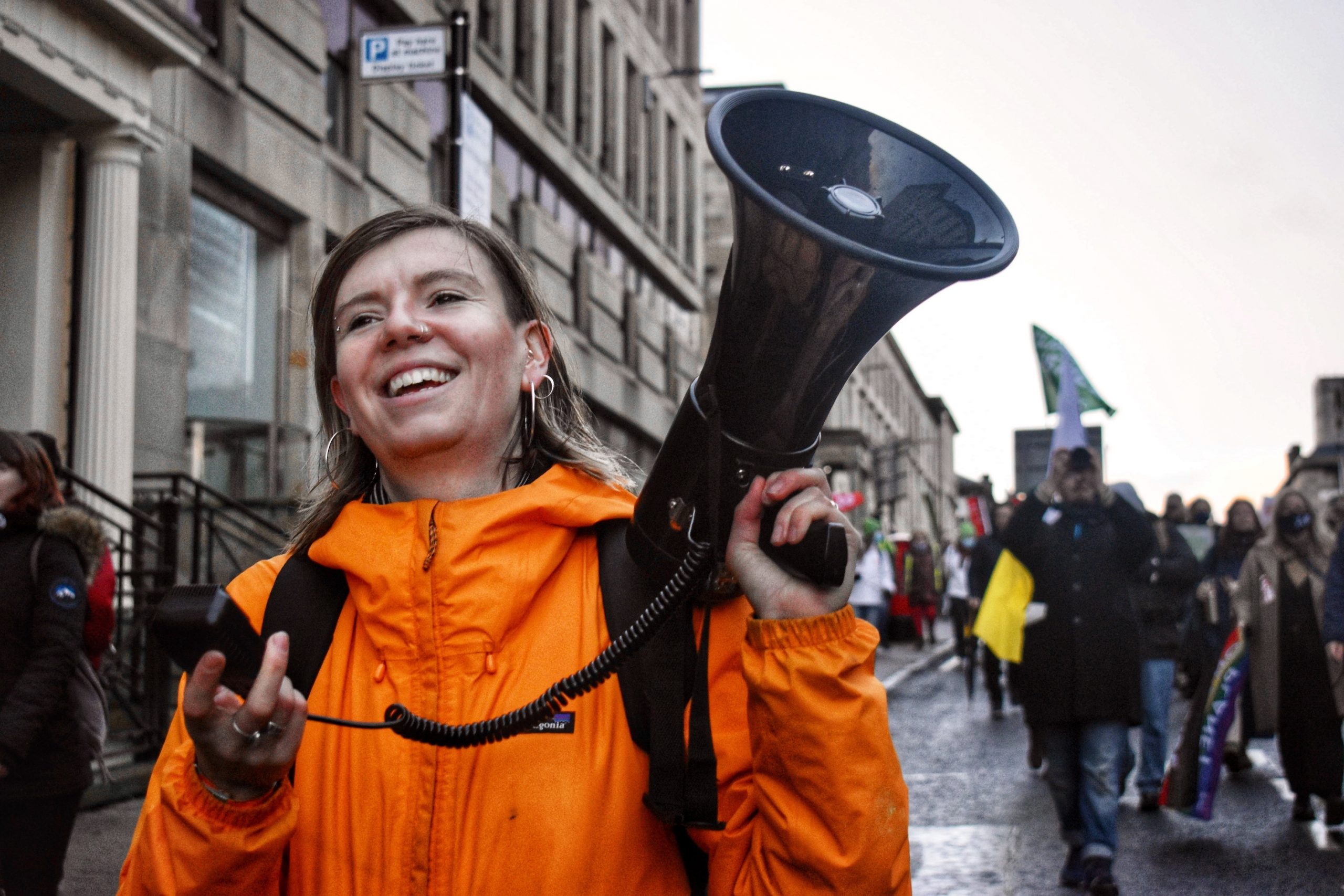
Climate targets rejected, but no excuses for delaying action
Last week I wrote about the challenge laid down by the Scottish Parliament’s Transport, Infrastructure and Climate Change committee.
This week the row reached the main chamber, with a formal debate and vote yesterday presaged by some charged exchanges at First Minister’s Questions.
And once the dust settled, Parliament had voted down the Government’s proposed annual emissions reduction targets for the next decade, with Labour, Liberal Democrat and Green MSPs condemning them as ‘not ambitious’ enough.
True the Government’s proposals would deliver the 42% target for 2020, but they only reach an annual rate of 3% a year around 2017, and only reach even 1% a year in 2012.
Yet strong early action counts for more climatic impact, as it does more to reduce the total cumulative emissions over time (and that’s what matters to the environment). Early cuts make bigger impacts on cumulative emissions because the drop in emissions reduces the total in more years, so to get the same cumulative effect a later cut has to be proportionately deeper.
It will be interesting to see if MSPs can now come up with measures that will reduce emissions more quickly.
In some areas, more might be achieved with higher spending – for example on home insulation or boiler scrappage – but that will mean greater cuts in spending elsewhere. I’d be more confident that MSPs would back such a spending shift if they hadn’t earlier this week (with the exception of the Greens) all agreed to support spending £2bn on an extra bridge across the Forth, when all the evidence suggests the existing one can be repaired with no more disruption to traffic, for just £122m.
Alternatively they might take some politically tough choices – the sort that can only be taken with consensus, such as to reduce speed-limits, or introduce road-user charging.
I’d like to see such political nettles grasped. If we can’t have a grown up debate about things like green taxes when major cuts in spending must otherwise be made, when will it happen?
Ironically I’m not convinced that such measures are essential to deliver lower emissions. In fact I suspect the recession will have cut emissions by more than any party is expecting, and the real challenge for MSPs is to ensure we have targets that account for this, and therefore genuinely maintain pressure to keep reducing emissions as we go forward.
MSPs must also ensure that the revised targets take proper account of the European emissions trading scheme (ETS). The reason the draft targets suggest a 9% reduction for 2013 is not a political time-bomb for the next administration, it’s simply the outcome of the reduction in the number of carbon credits available to businesses in the next round of
the ETS. Much the same drop will materialise in 2013 whether Scotland delivers 1.5% cuts by the end of 2012 or 9% cuts.
That step change in 2013 must remain in the revised targets, otherwise as with the effects of recession, real cuts will run ahead of targets and the incentives and pressures for action will slacken – risking problems further down the line.
This is why many European politicians are seriously talking about raising Europe’s targets, because if, as seems likely, Europe meets its 2020 target of a 20% cut easily, then the policies and investments needed to make bigger cuts in the 2020s and 2030s won’t be put in place in time.
In conclusion though, while the next few years’ targets are of great symbolic importance, the most significant impacts of today’s parliamentary vote might be to get MSPs genuinely discussing the politically unpalatable, and financially challenging decisions that need to be faced. If they can come to consensus in those areas, then the cuts that could be delivered in the later years of the decade could be so much deeper that they take us closer to a fair and safe cumulative budget than further marginal improvements in the targets for 2010-2012.
And whatever happens to the targets, the pressing need for action to cut emissions will not go away. So the Government must not treat this defeat as an excuse to slow down on its plans and actions to deliver cuts.
